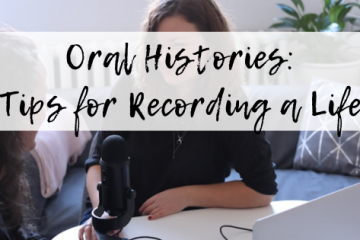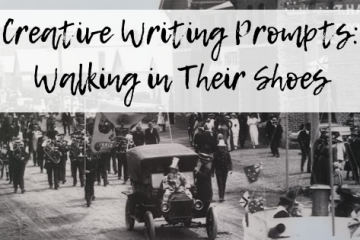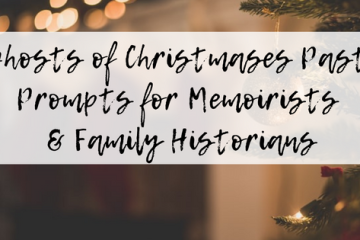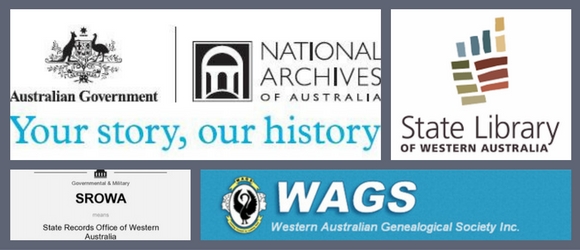
How long have you been researching your family history?
I find family history fascinating, although it’s something I’ve only recently returned to, after an eight-year hiatus during which I turned my attention to the courage and determined women in my book Many Hearts, One Voice: the story of the War Widows’ Guild.
Fortunately, I’ve benefited from having a mother who continued researching in my ‘absence’, and I am now reaping the rewards of her labour. She’s uncovered numerous scoundrels and skeletons in the closet as well as some strong and intriguing women I hope to write about.
Last month, I attended a number of free workshops at the State Library of Western Australia (SLWA) as part of National Family History Month. Run in partnership with the Western Australia Genealogical Society (WAGS), these were designed to provide family historians with practical ideas and resources.

I made copious notes, too many to repeat here, but here are my top eleven (because it was too hard to limit it to ten).
1. Only 10 to 15% of records are available on line
Only 10 to 15% of family history records in English are available on line, so if you’re only researching from the comfort of your lounge room, there’s a stack of information you’re missing out on. Instead, head into your state library or local genealogical society (WAGS in Western Australia) where there are masses of other information, not to mention volunteers to help you navigate your way.
2. Use Family History Software
There is no one-size-fits-all family history software, but it seems to be an important part of recording information in your family tree. If you only save records to your tree in ancestry.com, they won’t be available to you if you let your subscription lapse.
Software can save time and space, minimise the accumulation of paper, create charts and reports, create Gedcom files which permits sharing and can help find connections between people.
WAGS does has a special interest group that can offer some advice in your software decision but you really need to test some out and see what your own preference is. Many have free trials that allow you to do this. Some factors to consider include the cost, ease of use, your existing devices and operating systems, privacy concerns and layout.
Also, ensure you back up data, and store back ups away from home or in the the cloud (e.g. drop box).
3. Join a special interest group
The Western Australian Genealogical Society (WAGS) has numerous special interest groups, which include researching family history in WA, interstate and around the world. If you can’t find something online, then joining a special interest group will connect you with others who might have the answer to your roadblock. If you don’t live in Western Australia, then there will be equivalent genealogical societies and local history groups where you are.
4. Include Social Context
Explore the social context of your ancestors – why they did what they did, and what else was happening in the town, country and world around them.
5. Family Search Wiki
While we’re on the subject of contextual history, Family Search Wiki contains a lot of useful information via a drop down menu. Remember, though, that there are many other resources available, and it’s important to use a variety of sources in order to verify your facts.
6. Social media can help
For all the negatives of social media, it can be used for good, especially when it comes to finding information for you family history. Social media allows you to take advantage of local knowledge, find relatives, offer assistance and seek out photographs.
Joining Facebook groups can connect you to others searching the same names or location. For example if you’re searching for relatives in Northern Ireland, you could look up ‘County Down’ and ‘genealogy’.
Pinterest is useful for visually curating material you’ve found online, such as time periods, information about a country, research tips. The State Library of Western Australia has over 60 boards on its Pinterest account, including maps, and it’s worth checking out which other state libraries and historical societies have done something similar.
Using an alternative email online can help protect your privacy, and consider sharing only some elements of your research to encourage others to seek you out and share their material with you, too.
7. Ancestors who headed West may not have disembarked in Fremantle
The Public Records Office of Victoria includes passenger lists from Victoria and Tasmania to Western Australia. If coming from the Eastern States, they may have arrived in Esperance or Albany rather than Fremantle. Some disembarked at Port Lincoln and then caught a monthly coach to the Goldfields. Also, 2000 people passed through the Eucla Station.
8. Find ancestors who spent time in orphanages and children’s homes
Find and Connect is a government resource that can help you locate ancestors who lived in orphanages, children’s homes and other institutions in Australia.
9. Aboriginal Ancestry
Storylines is an online archive of the State Library of Western Australia’s heritage collections relating to Aboriginal history in Western Australia. It is helping to identify previously unknown people and places in photographs. According to the Storylines website, the project ‘will assist the library in the digital return of photos and other materials directly to Aboriginal families, communities and people’.
Another new site is Noongarpedia, and contains a growing database about Noongar people, place and culture. It is currently written in both Noongar and English, and encourages users to create an account and contribute by writing or editing articles.
10. Not all Irish Records were Destroyed
Contrary to popular belief, not all Irish records were destroyed. Some records (1861-1891) were lost in the 1922 fire in the Public Records Office (PRO), but many millions still exist. These include the 1901 and 1911 censuses, which can be found online at the Irish Genealogy site – a free Irish government portal.
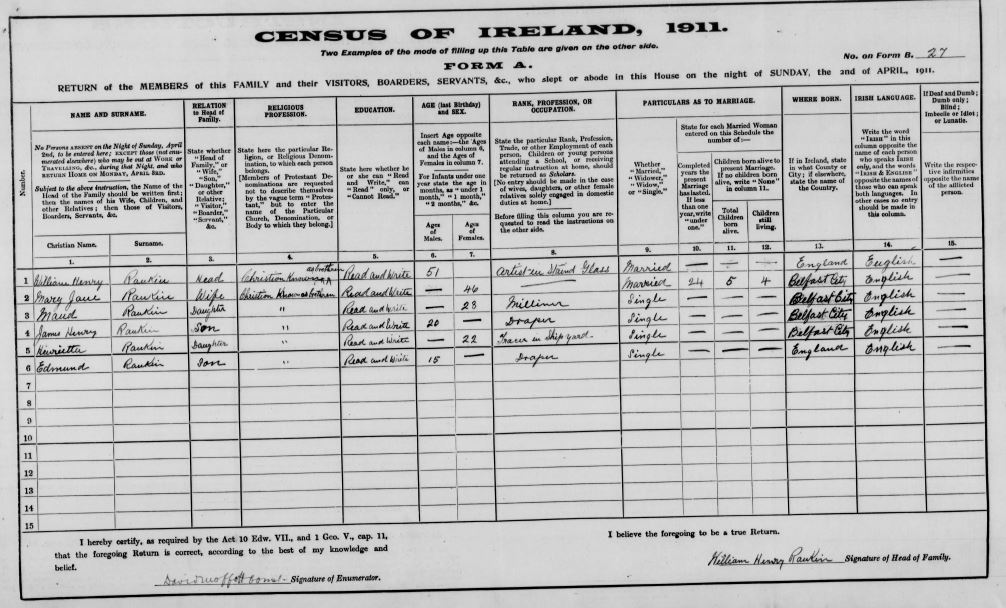
There are also a growing number of church and civil records available, and in more exciting news, the same site is set to launch access to General Register Office (GRO) records of births over 100 years ago, marriages over 75 years ago and deaths over 50 years ago. These will be available to view after their launch on Thursday 8 September 2016.
11. Irish News Archive and British Newspapers
Both of these, along with some other resources, are available free if you’re a member of the State Library of Western Australia. You can access these from home with your library card.
Over to You
I hope you’ve found something useful in the tips I gleaned during National Family History Month.
What else would you add to this list?

